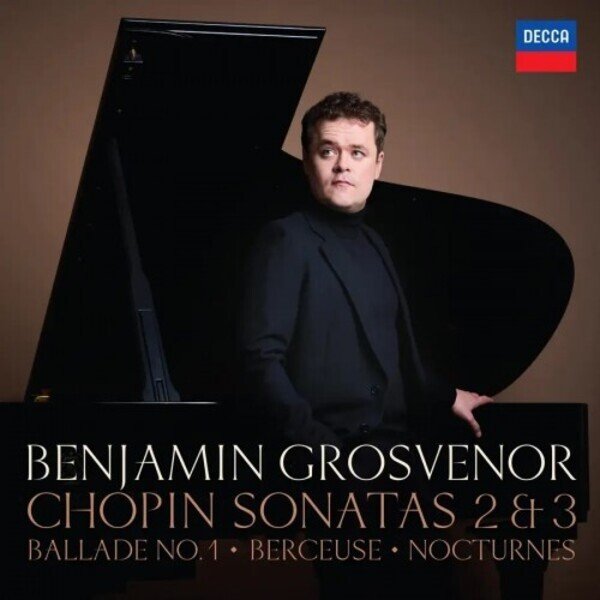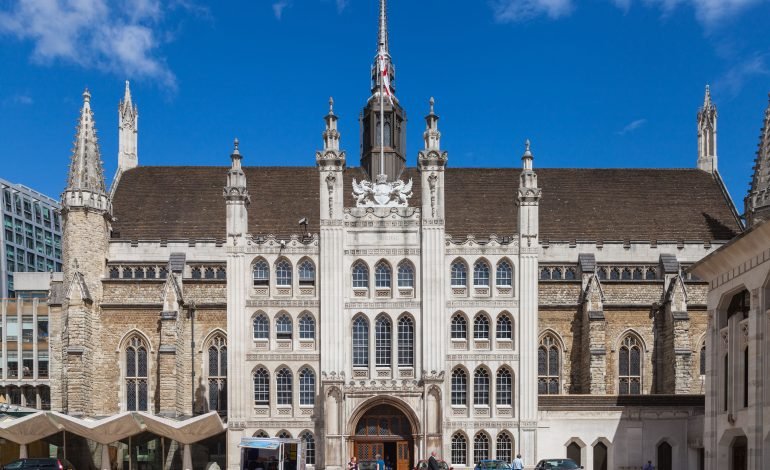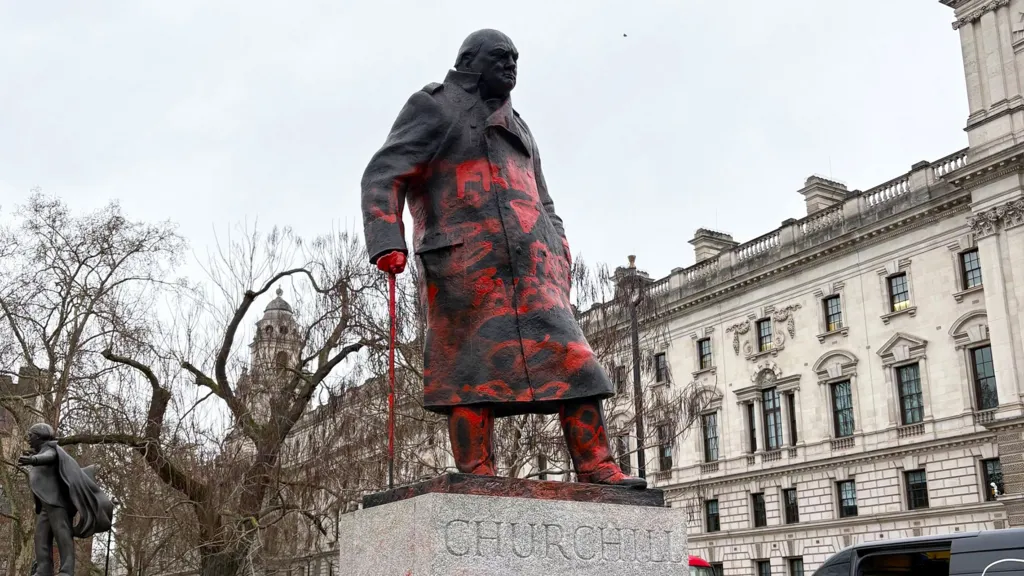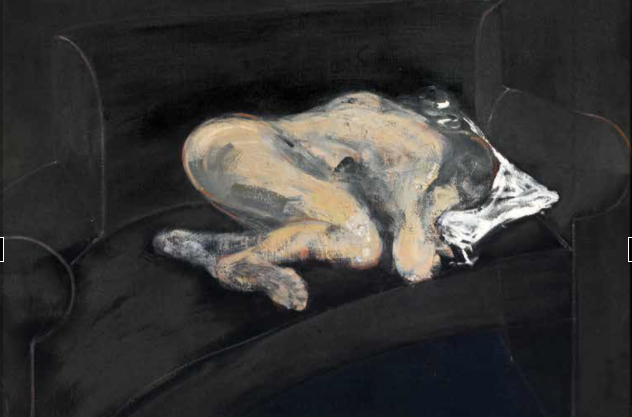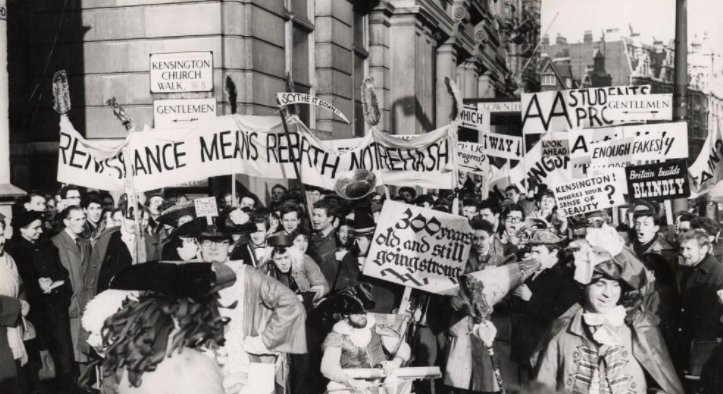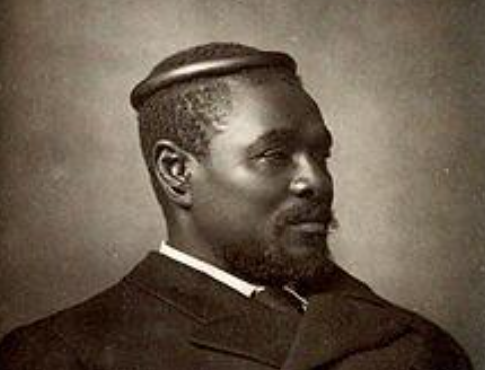New Recordings Round-up: Elgar, Chopin, Mendelssohn & Holst
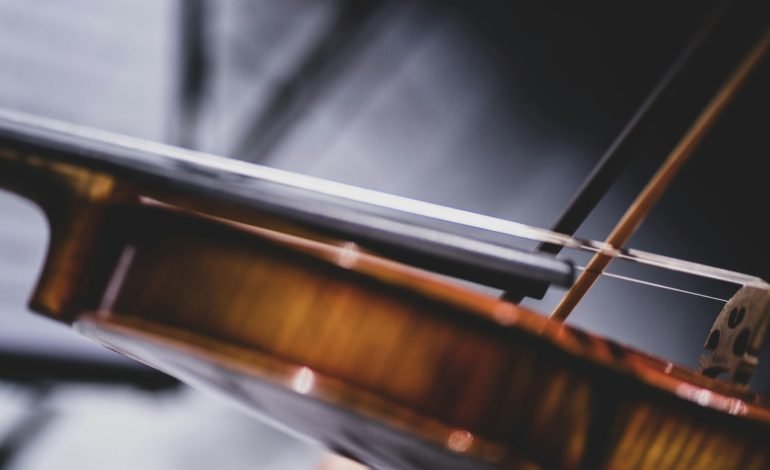
Simon Mundy’s classical music reviews for June, bring together four contrasting new recordings. From the intimate melancholy of Elgar and Fauré to the stormy brilliance of Chopin, the narrative sweep of Mendelssohn, and a bold reimagining of Holst’s The Planets, this month’s selection spans tradition, innovation, and a touch of cosmic drama.
Elgar & Fauré: Chamber Elegies
Eusebius Quartet – Somm Recordings SOMMCD 0703
Elgar
String Quartet Op. 83
Carissima (arr. Iain Farrington)
Fauré
String Quartet Op. 121
Three Preludes from Op. 103 (arr. Iain Farrington)
Elgar often talked about his music as “outdoor”, but his only string quartet is about as indoor as it gets. It is one of the three extraordinary chamber works written in the late stages of the First World War, and it is hard to imagine it being composed anywhere other than in damp woodland Sussex, in front of a log fire.
The Eusebius Quartet, named after one of the figures Schumann invented as a character for his music, has been together in London for nine years now and is shaping up to be one of the most intelligent of emerging groups. They capture the moodiness of Elgar’s music well – its meandering melancholy and background disturbance, even in the faster passages, when there is a false sense that he is trying to pull himself together.
Fauré’s quartet was written seven years later, in 1924, and was his last work. It has very much the same elegiac feel, if perhaps with a touch more of a wistful smile. The smaller pieces on the disc, arranged by Iain Farrington, suit the quartet format despite their original guises for small orchestra and piano respectively, and are welcome additions to the list of possible encores.
Chopin: Romantic Mastery
Benjamin Grosvenor, piano – Decca 487 0958
Piano Sonatas Nos. 2 & 3
Berceuse Op. 57
Ballade No. 1 Op. 23
Nocturnes Op. 55 Nos. 1 & 2
Benjamin Grosvenor started his career so early, winning the keyboard section of BBC Young Musician in 2004, that it is a bit of a shock to realise he is still only in his early thirties. He plays with insights he really has no right to have at his age. He has that rare ability to make one listen afresh to familiar works.
Here he intersperses the two big sonatas, nearly half an hour each, with some of Chopin’s most demanding shorter works. Interestingly, it is one of the first recordings to be made in the new studio at the Wormsley Estate in Buckinghamshire, which hosts Garsington Opera.
The Second Sonata is almost schizophrenic: Chopin trying to tie his furious imagination into a formal structure in a way that baffled his contemporaries, the uneven storms countered by the grim tenderness of its funeral march, which Grosvenor balances beautifully. The Third Sonata has movements alternating in length, but its shifting emotions never let the listener feel on safe ground.
Now, with Liszt, Brahms and Prokofiev behind us, Chopin’s works just stand out as brilliantly forward-looking. The lovely Berceuse is welcome relief before the intensity of the first Ballade, one of those epic romantic sagas and not a ballad in any normal sense.
Mendelssohn: Scottish Shores & Beyond
Rotterdam Philharmonic Orchestra – Lahav Shani, conductor – Warner Classics 5021732723253
Symphony No. 3 “The Scottish”
Calm Sea and Prosperous Voyage
Three Songs Without Words (Op. 38 No. 2, Op. 19b No. 6, Op. 67 No. 4, arr. Lahav Shani)
Shani’s view of Scotland might seem a bit too smooth at the start, but once the seas of Mendelssohn’s symphony get rougher, his interpretation sharpens up. The swells and bluster are of the sort that sank the Spanish Armada. He is good at the grandeur of the slow movement, capturing the Walter Scott narratives that so caught the imagination of Romantic composers, though the final movement, marked vivacissimo, could take a few more risks.
Mendelssohn’s tone poem in response to Goethe’s Calm Sea and Prosperous Voyage is not heard as often as it deserves these days, so it is good to have a recording of it from the orchestra of Europe’s largest port. The music is more about relief at reaching dry land than the pleasure of embarking.
The Songs Without Words (whether by Fanny or Felix Mendelssohn) lend themselves well to orchestration. Shani’s setting of the Venetian Gondola Song glides along serenely, and his arrangement of the Spinning Song is so clever it sounds as if lifted straight from the music for A Midsummer Night’s Dream.
Holst and Fraillon: The Planets, Reimagined
Melbourne Symphony Orchestra – Jaime Martín, conductor – MSO 0003
Holst – The Planets
Deborah Cheetham Fraillon – Earth
Deborah Cheetham Fraillon, soprano
MSO Chorus
What a clever pairing this is. Fraillon’s work, commissioned specially by the MSO, portrays Earth, the one planet Gustav Holst left out (except for Pluto, which had not been discovered when Holst was writing in 1917, though Colin Matthews has added it since in honour of his friend, Imogen Holst — but that is not included here). Even astronomers seem determined to leave Pluto out these days.
Holst was anyway more interested in depicting astrological rather than astronomical character. To his depiction of Venus as the bringer of peace and Uranus the magician, Fraillon has added Earth as the voice, in this recording of the first performance, her own. Her work follows on cleanly from the fragile ending of Holst’s, though it soon veers into Mahler’s territory (in the literal meaning of the word) and then something closer to John Williams. It just about works, though without the originality that Holst brought to the subject a century ago.
Jaime Martín, once Principal Flute of both the London Philharmonic and the Chamber Orchestra of Europe, is making an impressive go of his time as Chief Conductor of the MSO. It is now a top band.
If you care about the arts, independent voices, and the stories behind the work then follow EyeOnLondon. Our Arts & Culture coverage goes beyond the headlines, bringing you honest, intelligent writing from people who know their field.
Follow us on social media – and stay connected to the city’s creative pulse.
Follow us on:
Subscribe to our YouTube channel for the latest videos and updates!
We value your thoughts! Share your feedback and help us make EyeOnLondon even better!


